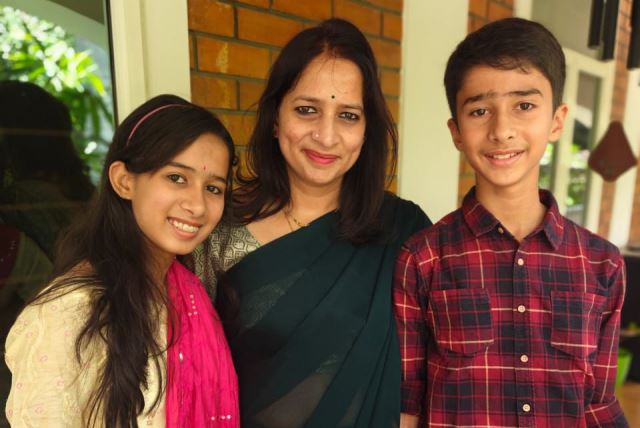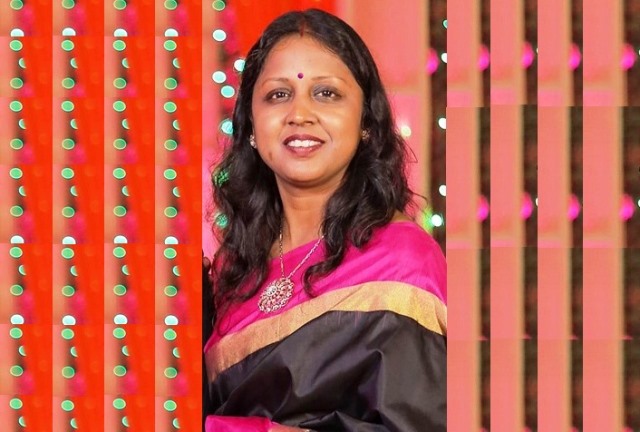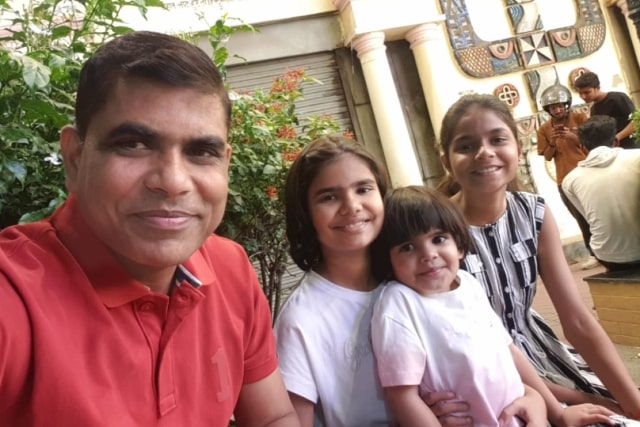Nita Balmohan Rajesh, mother of a 14-year-old daughter and a 12-year-old son, shares why enforcing appropriate boundaries for children while using technology in today’s digital age
Being a mommy to a teenager is so much harder than it was when we were in teens! The recent news of the Attorney Generals of 14 states in the US filing a lawsuit against TikTok for lying about safety provisions and harming teenagers’ mental health versus the ongoing battle that ensues in every household, especially those where the parents do not gift (read allow) an ‘Insta’ account on the 13th birthday!
Social media is a double-edged sword: Not having a footprint in Instagram, Facebook makes a teenager otherwise creative, well-read student pursuing multiple interests such as art, music and dance, but also being called “weirdo” at school! While not always successful, making them understand how harmful unmonitored hours on end watching the screen can be, is the key!
Leading technologists themselves have been reiterating the harmful effects of gaming and screen-time before the child is 16. Add to this the endless reports and publications by leading psychologists that indicate increased anxiety, depression, insomnia, and eating disorders in children who excessively use their mobile phones and/or laptops. Yet, the news of 14- and 15-year-olds committing suicide or throwing unprecedented tantrums over their parents not giving them screen time is beyond depressing!
The worst part is that many parents fall victim to the constant pressure from their kids, even when well aware of the harmful risks. There’s a sense of helplessness – the feeling that their children will be “left out” socially if they are not active on social media.
ALSO READ: ‘Good Parenting Doesn’t Require You To Be A Helicopter Mom’
And monitoring screen time and controlling content that the children are exposed to – that’s nearly impossible because their teenagers often shut them out, refusing to let parents be involved invoking the ‘Do you NOT trust me?’ card. It is a losing battle – setting rules and maintaining discipline for responsible screen-time, with clear ground rules and limits in place. Hopefully mature conversations and reducing the number of hours we ourselves spend on Social media can stop the downward spiral we have tragically seen when children take extreme steps in frustration or despair!
For now, in our household, we have reluctantly agreed up to 20 minutes a day of communicating with their friends via WhatsApp and Discord and a maximum of 2 hours a week of Minecraft, in addition to the two hours of Television / movies a week. The Microsoft weekly screentime report is regarded as important as their progress in school!
Exceeding the two-hour screentime limit – unless extra screen time was allowed for a school project – means reduction of or no screentime in the current week! Our 14-year-old is allowed to swipe mindlessly usingmy Insta account (which in itself is a “boring” deterrent and she graciously declines!) while I am readying myself for the nightmare of a skirmish when the walls come down and she demands an iPhone of her own and installs Insta, TikTok, and whatnot!
For more details visit us: https://lokmarg.com/
As told to Mamta Sharma



